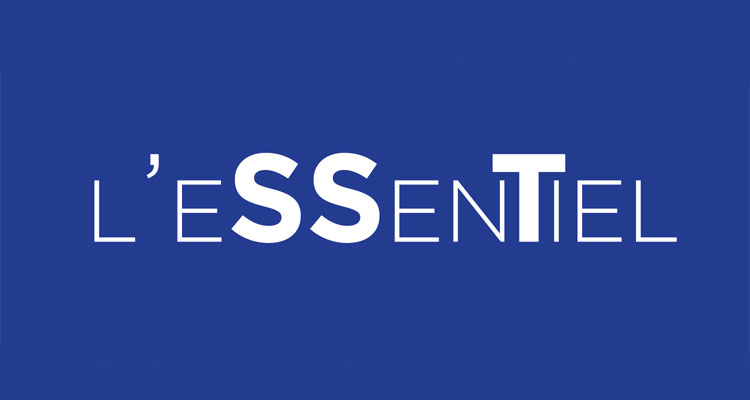
Personal Protective Equipment: a right to be claimed!
Because of the nature of the tasks that she performs, a healthcare professional is inevitably exposed to hazards, whether they are physical, chemical or biological. It is always preferable to eliminate the danger at the source, but this is often impossible in the workplaces. Thus, when exposure to certain hazards is unavoidable, the employer’s obligation is to provide appropriate personal protective equipment (PPE) and training on the different types of hazards.
Personal protective equipment includes N95 masks and other masks of the same type, safety glasses, gloves, lead aprons and safety footwear. However, note that these do not reduce the hazards themselves and do not guarantee permanent and complete protection. Therefore, having personal protective equipment must not be an excuse for the employer to not make the necessary efforts to eliminate the danger at the source.
As for the physical hazards that many healthcare professionals face, we see an exposure to X-rays, among others. The latter are a form of ionizing radiation capable of traveling through material. Ionization can damage cells or DNA in living matter, therefore, protection against this radiation is crucial. To do this, the employer is obliged to comply with the standards set by Health Canada and he must provide the equipment for the healthcare professionals’ safety, in particular a lead apron, thyroid protector and special safety glasses. To effectively manage the hazard, it is essential that every healthcare professional ensure that they use all the personal protective equipment required for their safety. Moreover, audit and maintenance programs for the protective equipment must be set up and strictly adhered to. Wearing a dosimeter must also be part of the risk management program as stipulated in the provisions of the FIQ 2016-2020 collective agreement.
It is important to mention the risk of contamination by bacteria and viruses in the work environment among the biological hazards that healthcare professionals are exposed to. This includes splashes and contact with biological fluids or infected people. The protection can be wearing the appropriate mask, safety glasses and a gown, based on the risk of exposure. When in doubt, such as when there is no diagnosis for the patient, a mask and safety glasses can be worn right away.
Because of the hazards inherent to the nurse, licensed practical nurse, respiratory therapist and clinical perfusionist professions, wearing personal protective equipment must not be trivialized. And lack of time does not justify a healthcare professional neglecting to protect herself and not using personal protective equipment. Therefore, the employer must respect his obligations and provide protective equipment and the related training, because they have to be used properly! This responsibility belongs to all of us. Our health and quality of life depends on it!
OHS in the know?
If you have problems getting the personal protective equipment that you need for your work, you can talk to your local union team.
The FIQ 2016-2020 collective agreement defines the preventive measures to use when a healthcare professional is exposed to radiation.
The pregnant or breastfeeding worker can consult the A Safe Maternity Experience brochure produced by the FIQ, to find out about the hazards she must guard against.
The ASSTSAS has produced a prevention guide called Prevention Guide Safe Handling of Hazardous Drugs
To facilitate the identification of appropriate preventive measures, the FIQ has developed an information tool on the main infectious diseases and the type of precautions recommended by the authorities on the subject: the Excerpt from the Infection Control Handbook available in your local union office.